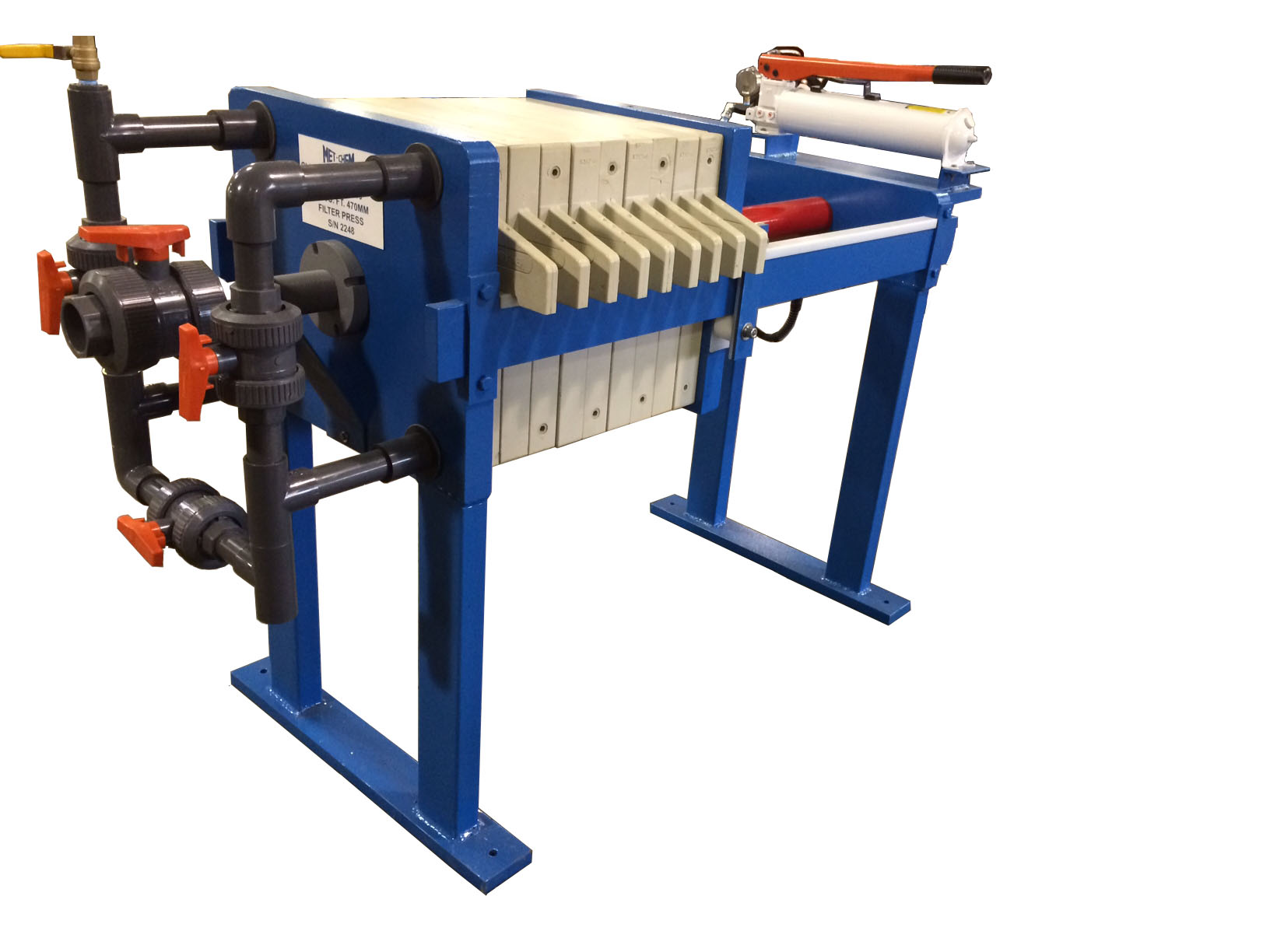The modern world heavily relies on various technological advancements to meet our needs for safe water, pure air, and sustainable power. One such crucial aspect of these processes is the use of
filter press machine manufacturers press systems in water treatment plants. These systems have become essential tools in reducing wastewater discharge. However, with increasing use and technological advancements, concerns regarding the environmental impact of modern filter press systems have begun to emerge slowly.
Some of the primary concerns surrounding filter press systems stem from the fact that they utilize high amounts of energy needs to operate. The filters, generally made of membranes, require various pressures to ensure the extraction of contaminants from industrial effluent. As a result, filter press systems can generate significant climate-altering pollutants and contribute to climate change. Furthermore, the complexity and high repair costs of these systems also contribute to their power demands.
In addition to power usage, the production and disposal of filter press components have a significant effect on the environment. Many of these components, such as the plates used in plate frame filter presses, are often made from fossil fuels and can end up in dumps at the end of their useful life. The extraction and processing of these materials can cause further ecological damage.
Modern filter press systems have adopted a range of efficient technologies to mitigate their impact. Many contemporary filter press designs have been optimized for more effective waste reduction. This includes the use of efficient pumps, advanced technologies. Some filter press systems also incorporate alternative energy sources, such as wind energy, to diversify their energy supply on traditional fossil fuels.

To further address the environmental concerns surrounding filter press systems, research into green practices has been conducted. breakthroughs in contaminant removal have shown promise in enhancing the eco-friendliness and productivity. These technologies allow for more productive treatment with reduced environmental impact.
Ultimately, while modern filter press systems do present substantial concerns, advances in advanced knowledge have mapped out new solutions for sustainable options. As the waste management sectors evolve, it is likely that filter press systems will become even more reliable, thereby mitigating their effects. By embracing innovations, filter press systems can become more compatible with environmental moral principles, safeguarding the future of our planet.